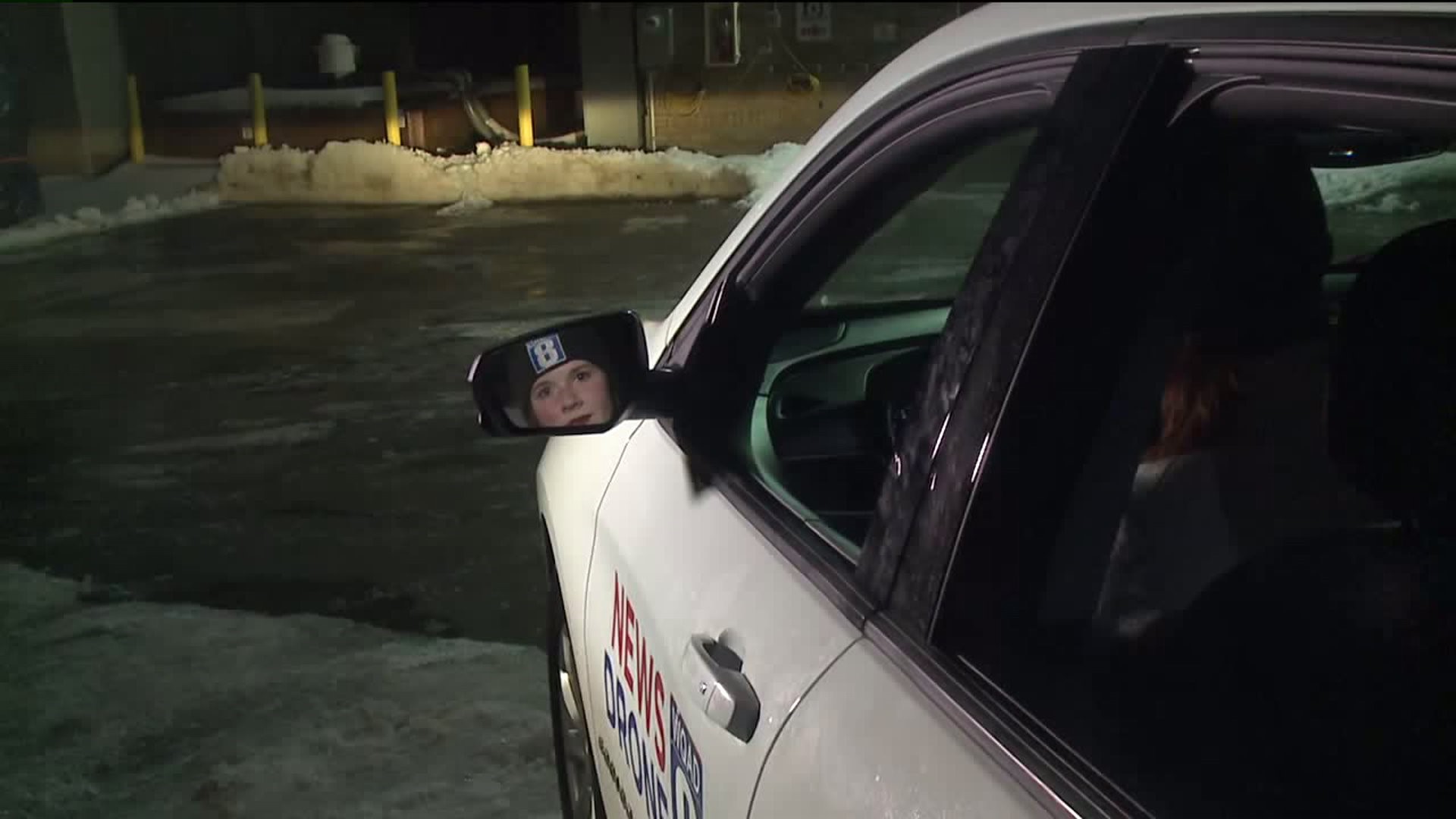MOLINE, Illinois-- Illinois State Police are remaining diligent to keep roads safe a month into the legalization of marijuana.
Trooper Jason Wilson said police aren't specifically trying to pull over high drivers, rather, they're still looking for people who break traffic laws like speeding or running red lights.
He said the trooper would then assess their interactions with the driver to determine if they're under the influence of any drug. Troopers consider how the driver speaks, how focused they are and how they move, but these are things they're always considering whenever they pull someone over.
"The average police officer out there isn't going to be able to say 'This person is under the influence of this, and that person's under the influence of that,'" Wilson explained. "We have drug recognition experts who are trained very well to do that, but for the average police officer, when we're doing this bank of tests, it's just determining if they're safe to drive."
Wilson said if the trooper starts to suspect the driver is under the influence, they could ask them to step out of the car to do some field tests.
"If we decide that, 'Okay we're gonna let that person go because they might be under the influence but they seem like good people,' if they get into a crash later, guess who's gonna be in trouble," Wilson said. "It's gonna be the police."
If someone is caught driving high, the penalties will be the same as any other DUI. Trooper Wilson says on average it costs people $1,600 in court fees, lost wages, insurance hikes and fines.

